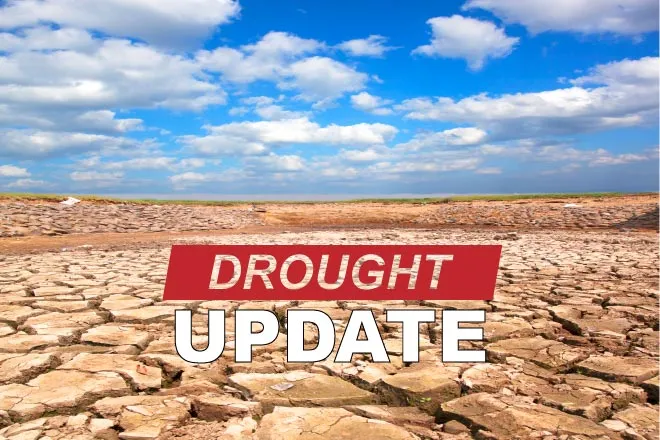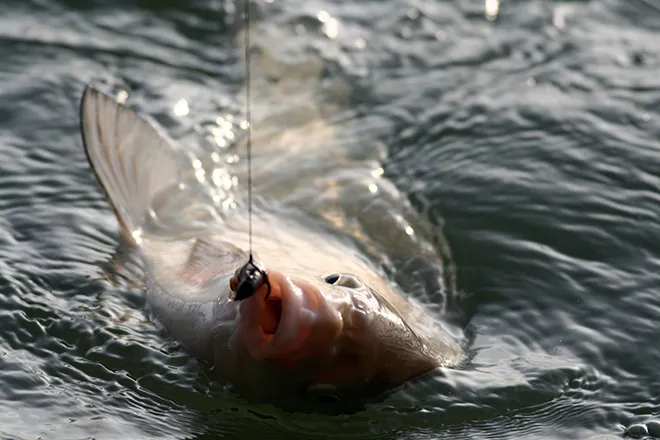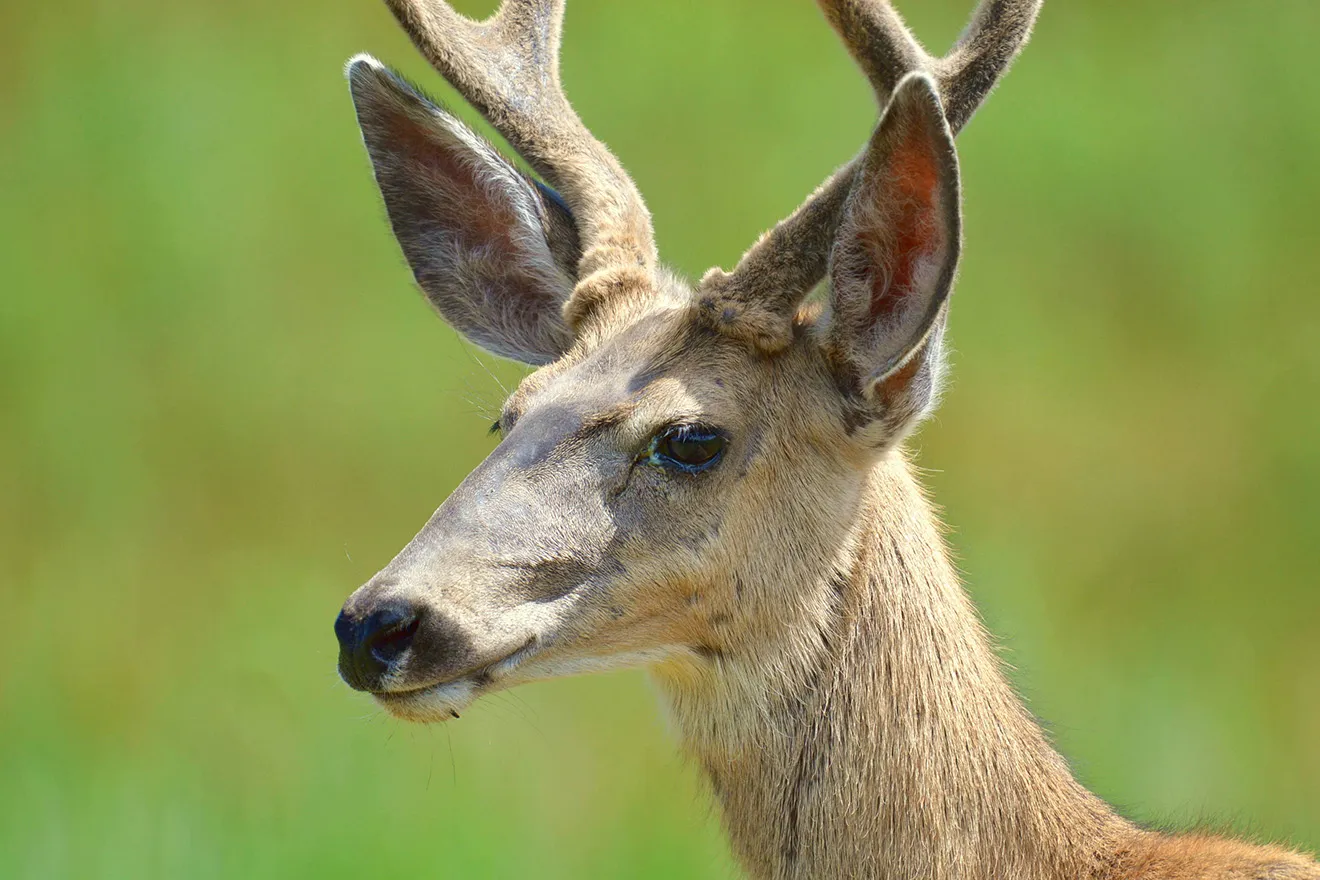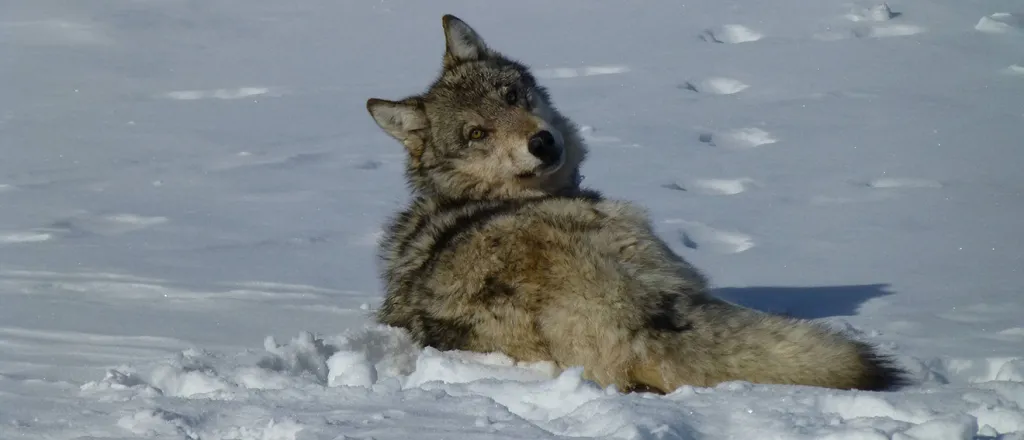
Lawmakers press Colorado wildlife leaders on troubled wolf reintroduction program
The head of Colorado Parks and Wildlife told lawmakers on Monday that it is the department’s “preference” to release more wolves into the state next year, despite calls to pause the reintroduction program.
“I don’t have the right answer to whether or not a pause is the right thing to do, or get the last 15 (wolves) out and move on to the management piece,” CPW Director Jeff Davis said. “Every time we release more animals, it’s more emotional and difficult for us to pull off that operation, and it’s also challenging for the (livestock) producers at the same time.”
Davis appeared in front of the Colorado Legislature’s Water Resources and Agriculture Review Committee to give an update on the state’s wolf reintroduction plan, which voters approved in 2020. Wildlife officials have released 25 wolves in the state since December 2023 from Oregon and Canada.

Colorado Parks and Wildlife
The original goal was to release 10 to 15 per year for three to five years, beginning in 2023, to get to a stable population of at least 50 wolves in the state.
Davis said the department’s preference is to sign a new agreement with British Columbia to relocate more wolves from Canada.
But the program is highly controversial, especially among rural Colorado farmers and ranchers who decry wolves killing their livestock. Between April 2024 and April 2025, wolves killed at least 25 cattle and sheep, according to the recently released annual report on the reintroduction effort.
The Copper Creek pack was responsible for many livestock deaths in Grand County in 2023, prompting to CPW to capture the six wolves last September and release them alongside the Canadian wolves earlier this year in a different part of the state. That decision, producers said Monday, led to an erosion of trust in CPW.
“A depredating pack was known to have depredated in Oregon before they put them in Middle Park. They had a serious impact there. They packaged them up, put them away for a while and then they put them back out right in my backyard,” said Tom Harrington, a cattle producer in Roaring Fork Valley and previous president of the Colorado Cattlemen’s Association.
I think the entire reintroduction and restoration is at risk if we can't get our legs underneath us and be in a position to do this the way we need to.
A September 2024 petition filed by a coalition of livestock associations and other agricultural interest groups requested a pause in CPW’s planned reintroductions until the department could implement strategies to prevent depredations. CPW’s commission rejected the petition in January.
“I believe that we need no more new releases until plans are in place and the basics are working,” Harrington said Monday. “We need metrics to measure the success of what this program is. I believe we can — and here comes that word that I really don’t like — coexist with the wolves that choose to not prey on our livestock.”
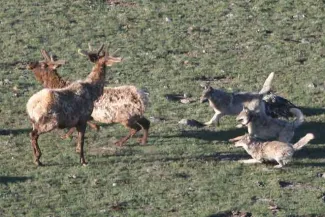
Wolves hunting elk in the Rocky Mountains. Courtesy National Park Service.
CPW has worked through some of the seven points of the petition, including defining “chronic depredation” as three or more depredations by the same wolf or wolves within 30 days. The division has also outlined a lethal removal approach that starts by killing one or two wolves, evaluating the pack’s behavior and its effect on depredation, then considering additional lethal removals. CPW also started a range rider program to deploy riders in areas with high wolf conflict to “proactively haze predators using non-lethal techniques,” according to the annual report.
CPW killed a wolf for the first time in May in Pitkin County.
“The idea of a pause continues to make sense to me, if it creates more time for more robust implementation and completion of those seven items, and maybe now beyond those seven,” House Speaker Julie McCluskie, a Dillon Democrat, said. “But I think the entire reintroduction and restoration is at risk if we can’t get our legs underneath us and be in a position to do this the way we need to.”
Representatives from CPW also told lawmakers Monday that the cost of the reintroduction has reached about $3 million. In 2020, voters were given an estimate of about $800,000 for the program.
“I understand a lot of this money is going to ranchers and producers to help to compensate them,” Senator Dylan Roberts, a Frisco Democrat, said. “That’s money hopefully being well spent, but that’s also money in the state of Colorado right now — in the budget situation we’re in — that is not going to fixing potholes in roads. It’s not going to classrooms across the state. It’s not going to people who are losing their health care and many who are about to lose their health care. This seems out of control.”
Davis said there are a lot of factors that go into realizing the reintroduction plan that were not considered in the ballot cost estimate, such as the state’s decision to compensate for livestock weight loss and fewer pregnancies due to wolf presence and the high cost of beef.

